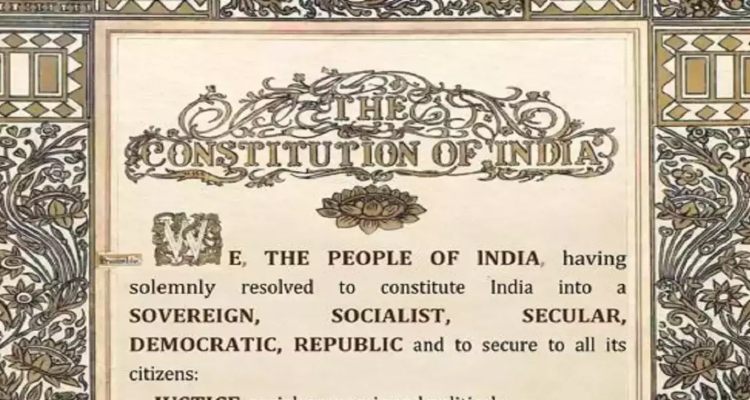
The Supreme Court on Friday announced that it would deliver its order on November 25 regarding a batch of petitions seeking the removal of the words ‘secular’ and ‘socialist’ from the Preamble of the Indian Constitution.
A bench comprising Chief Justice of India Sanjiv Khanna and Justice Sanjay Kumar was hearing the petitions, which were filed by BJP leader Subramanian Swamy, lawyers Balram Singh, Karunesh Kumar Shukla, and Ashwini Upadhyay.
The petitioners argue that the inclusion of these terms, which were inserted through the 42nd Amendment during the Emergency in 1976, violates the Constitution’s basic structure and was beyond the powers of Parliament under Article 368.
During the hearing, the bench observed that the term ‘socialist’ in the Indian context is understood as referring to a “welfare state.” It also noted that secularism, as interpreted in India, is integral to the Constitution’s basic structure.
The Court emphasized that secularism should not be viewed solely through a Western lens, and socialism could also signify equality of opportunity and equitable wealth distribution in the country.
The petitioners, particularly Swamy, argued that the addition of these two terms in the Preamble in 1976 was not part of the original Preamble adopted in 1949. Swamy contended that the framers of the Constitution had explicitly rejected the inclusion of these terms. He further argued that these words were imposed on the citizens during the Emergency, when the country’s democratic principles were suspended.
Swamy contended that the insertion of ‘secular’ and ‘socialist’ violated the basic structure doctrine, which was upheld in the landmark Kesavananda Bharati case in 1973.
Swamy and other petitioners claimed that the 42nd Amendment, which introduced these words, was beyond Parliament’s amending authority. They pointed out that Dr. B.R. Ambedkar had rejected such concepts, asserting that the Constitution should not impose specific political ideologies on citizens.
Court has now reserved its judgment on this contentious issue and will pass an order on November 25.




